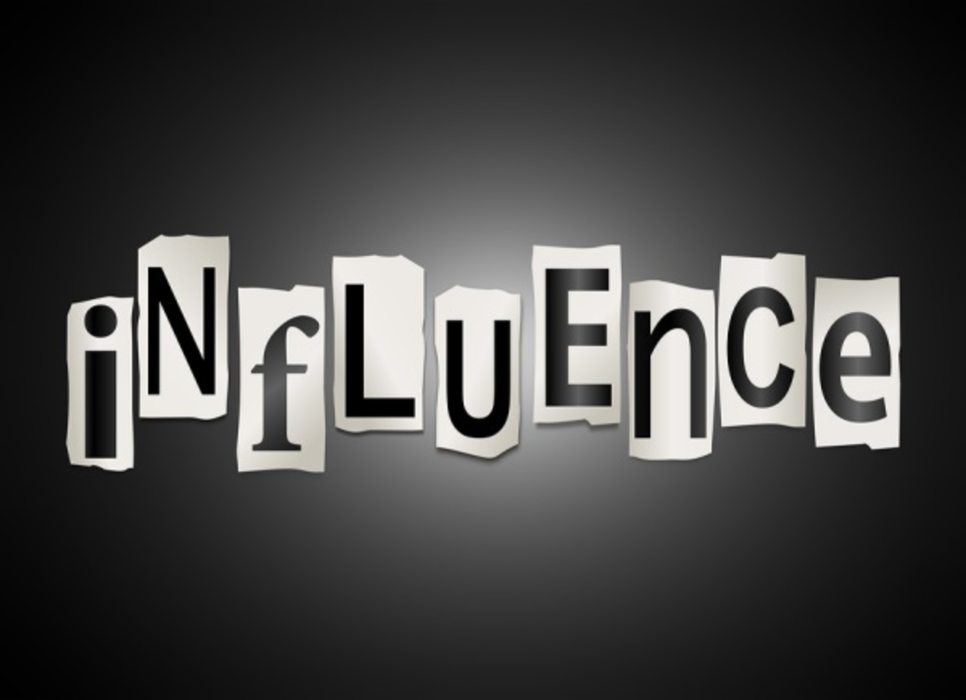You know the saying: It’s not what you know, it’s who you know. That old maxim so often holds true for marketers who are trying to build awareness and loyalty for their products and services. But many times the who has translated into pricey celebrity endorsements. Time and again brands struggle to morph a massive celebrity following into affinity and sales.
Celebrity endorsements do not guarantee positive effects on the bottom line. Just ask marketers at the host of e-commerce sites with celeb connections but no tangible impact on sales.
Yesterday afternoon, marketers gathered at ad:tech New York to determine how brands can leverage influencers to drive growth for businesses—that’s influencers on all levels, not just with celebrity status. The discussion included marketers across varied industries; and all of the panelists agreed on one thing: everyday shoppers can be more powerful than traditional celebrity endorsements.
“Power is not just in reach; it’s in influence,” said Kunal Muzumdar, managing director at digital marketing agency POSSIBLE. Muzumdar said that one problem is that marketers look for influencers that are media platforms rather than people who have genuine connections to a brand’s products and services. “Don’t just look at influencers as a media channel,” he said. “Spend time to get to know them; make sure they’re a fit to your brand.” He added that marketers should push to connect with influencers who share the same authentic concerns, interests, and passions with a brand: “Sometimes, it’s like marketers are trying to fit a square peg into a round hole. Make sure [those influencers] are a true fit.”
Jann Schwarz, global agency partner lead for professional social network LinkedIn, says that marketers at his company have worked to build relationships for individuals and companies that, quite often, aren’t the most hip or trendy. “There are no Kardashians [promoting] our platform,” Schwarz explained. “It’s more about connecting influential professionals. We’re here to speak out for the 99 percent of companies that will never be considered cool.”
In fact, Schwarz pointed to this year’s Edelman Trust Barometer, an annual global survey that gauges trust among employees, consumers, and across industries. As he noted, the survey showed that since 2009 the biggest gains of trust are for spokespeople who are “regular employees” (32% in 2009 and 55% in 2014); the study also showed notable gains in trust for “a person like yourself” (47% and 62%).
“Yes, you can go try and hire a celebrity to do your influencing for you,” Schwarz said. “But you really need to be looking inward; ask, are you a great company for your employees? Those [are the people who] will be your best advocates.”
So how do you get your industry’s influencers to work for you?
“By moving hearts, not minds,” said Seth Combs, cofounder and CMO of Sol Republic, a manufacturer of popular headphones and other audio products. Combs described how he and his marketing team managed to get 285 celebrity influencers in the music industry to join them in a music movement, rather than pay for pricey celeb endorsements. But these “saviors of sound,” as Combs called them, are only a small percentage of the company’s influential network. “We have more than 40,000 soldiers of sound; it’s basically a street team on steroids,” he explained. “They’ve all found Sol through other influencers—lovers of music. Musicians are modern-day storytellers.”
Panelists also warned marketers not to get caught up in promoting taglines and hashtags over real interactions. As the panel discussion came to a close, Lin Dai, CMO at Keek, an online social networking service that allows its users to upload video status updates, had this to say: “We can’t predict which moments and conversations will go viral; just always be authentic in your messages and be [active] in the conversation. That’ll draw influencers to you.”






